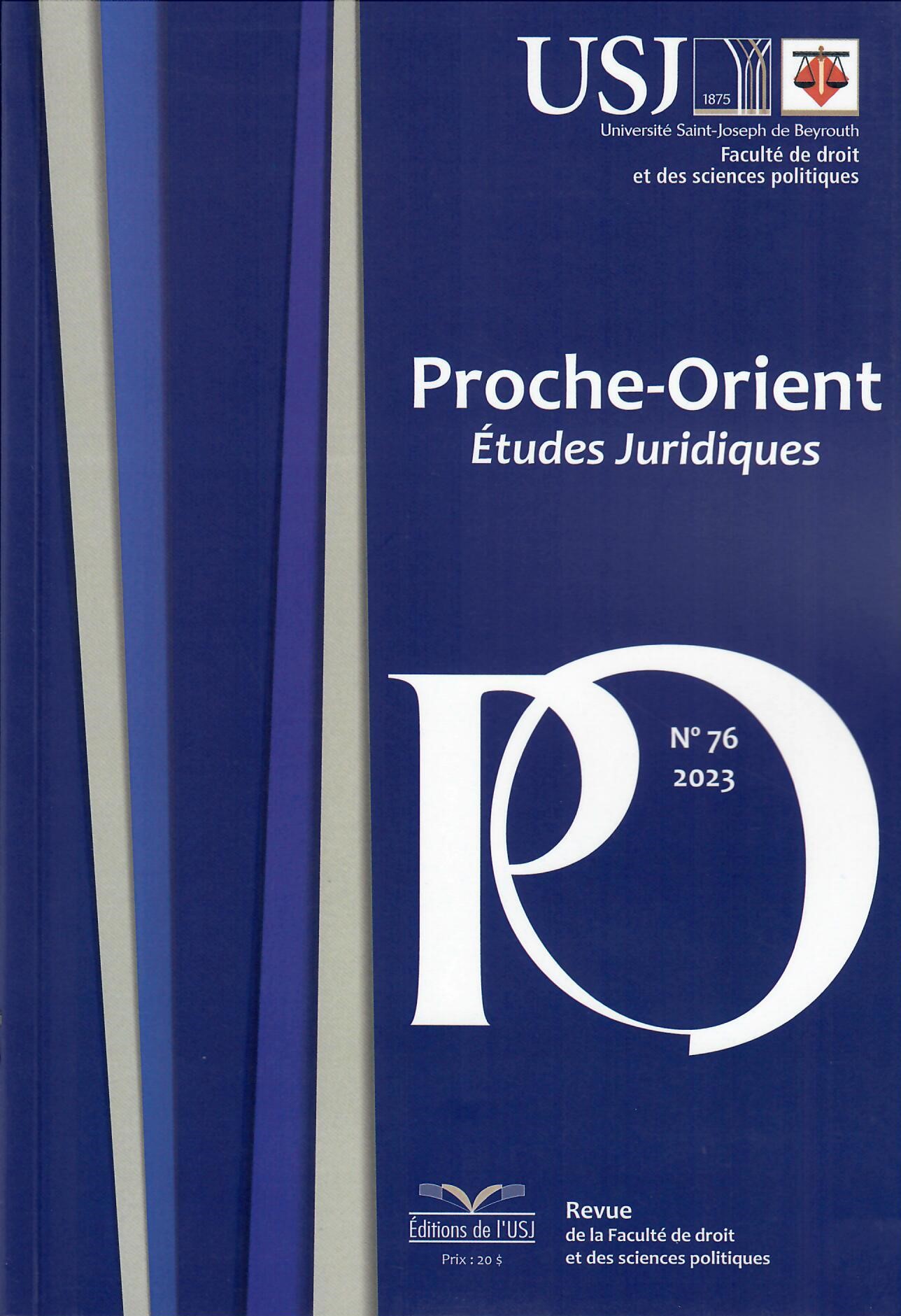Abstract
Defining and measuring the concept of judicial independence, often a source of contradictions, is crucial to ensure that the reform of the judicial system genuinely leads to the protection of the independence of judges and justice.
This article puts forward three essential points: 1. Judicial independence is a measurable concept based on a set of specific guarantees; 2. It is also a complex concept, encompassing multiple facets that must be protected simultaneously; 3. Ultimately, it stems from legislative (and possibly constitutional) recognition of these complementary guarantees rather than from a moralizing discourse imposed on judges.

